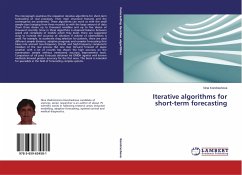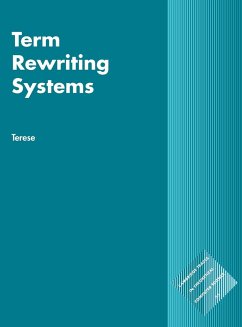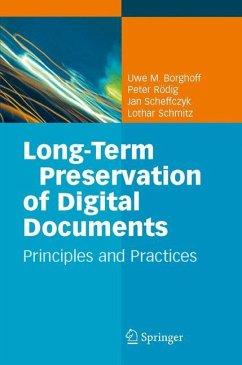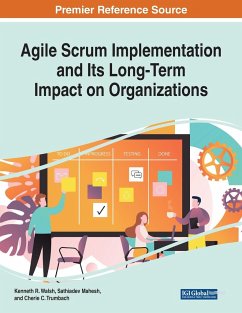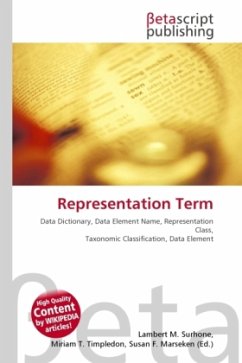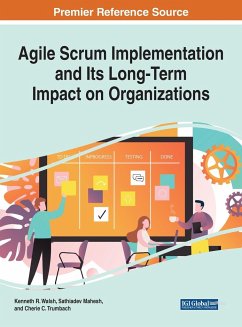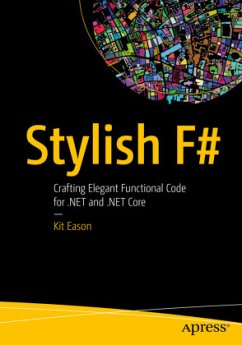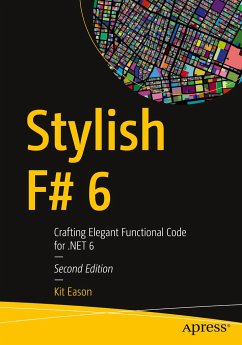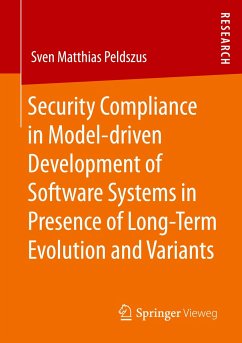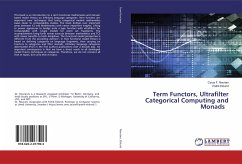
Term Functors, Ultrafilter Categorical Computing and Monads
Versandkostenfrei!
Versandfertig in 6-10 Tagen
65,99 €
inkl. MwSt.

PAYBACK Punkte
33 °P sammeln!
This book is an introduction to a term functorial mathematics and monad-based model theory on infinitary language categories. Term functors are important new techniques that bring categorical models mathematics bases closer to computability studies. The book bridges over important areas between CS and Mathematics with newer important insights. Lifting to power signatures to bridge onto n-type functors with ultrafilters for computability with n-type models for point set fragments. The accomplishment bring forth newer avenues between mathematics and TCS with newer benefits to both disciplines. T...
This book is an introduction to a term functorial mathematics and monad-based model theory on infinitary language categories. Term functors are important new techniques that bring categorical models mathematics bases closer to computability studies. The book bridges over important areas between CS and Mathematics with newer important insights. Lifting to power signatures to bridge onto n-type functors with ultrafilters for computability with n-type models for point set fragments. The accomplishment bring forth newer avenues between mathematics and TCS with newer benefits to both disciplines. The functorial model perspective is different from the preceding authors', in that functorial model theory is based on defining categories on language fragments, then carrying on functors to categories and filter monads. Infinitary language categories abbreviated IFLCS in the first authors publications over a decade ago. An important consequence is that we have a direct reach to all developedmodel theory techniques at categories. Therefore, we do not reinvent all that at topos, but carry that at topos.





